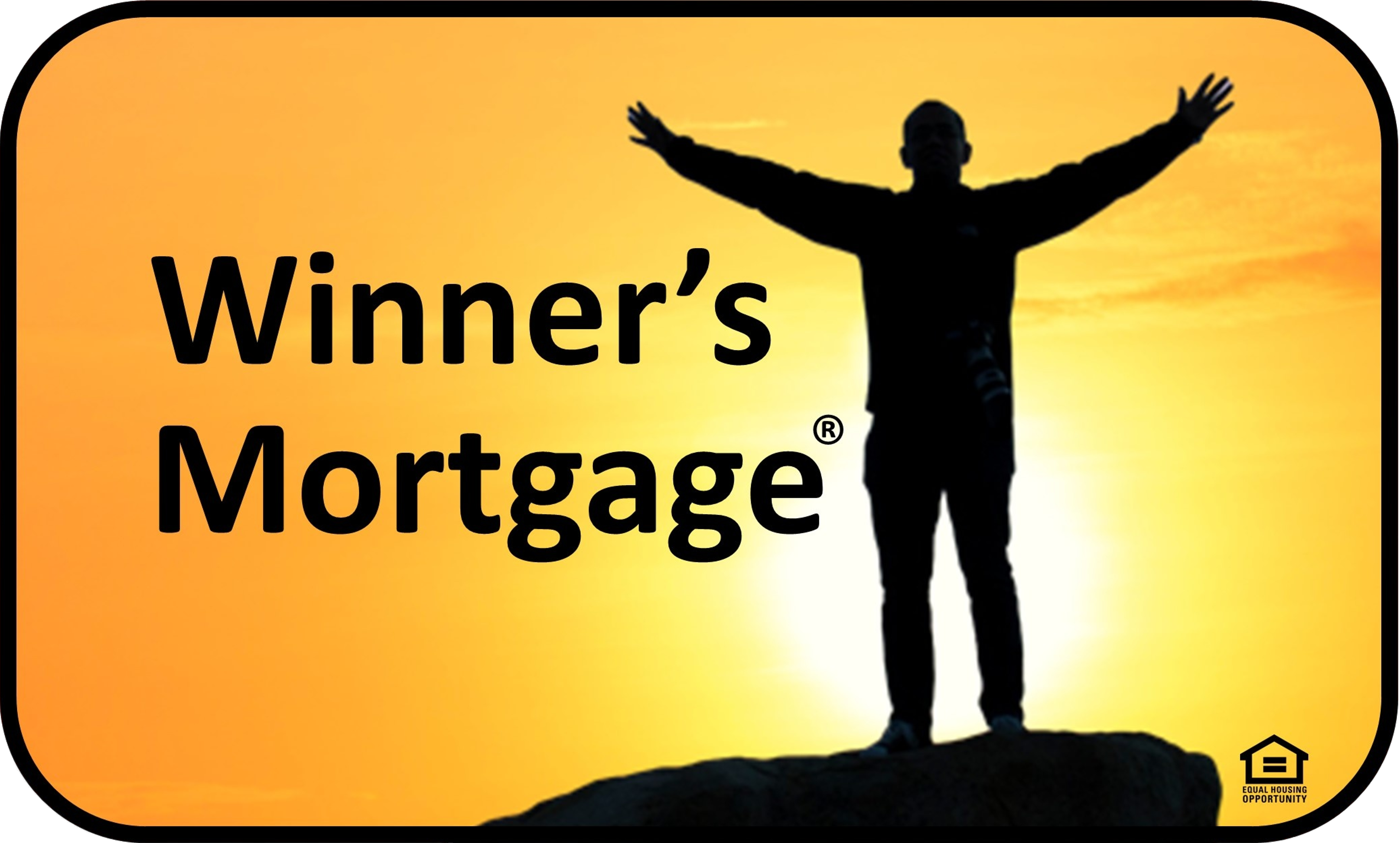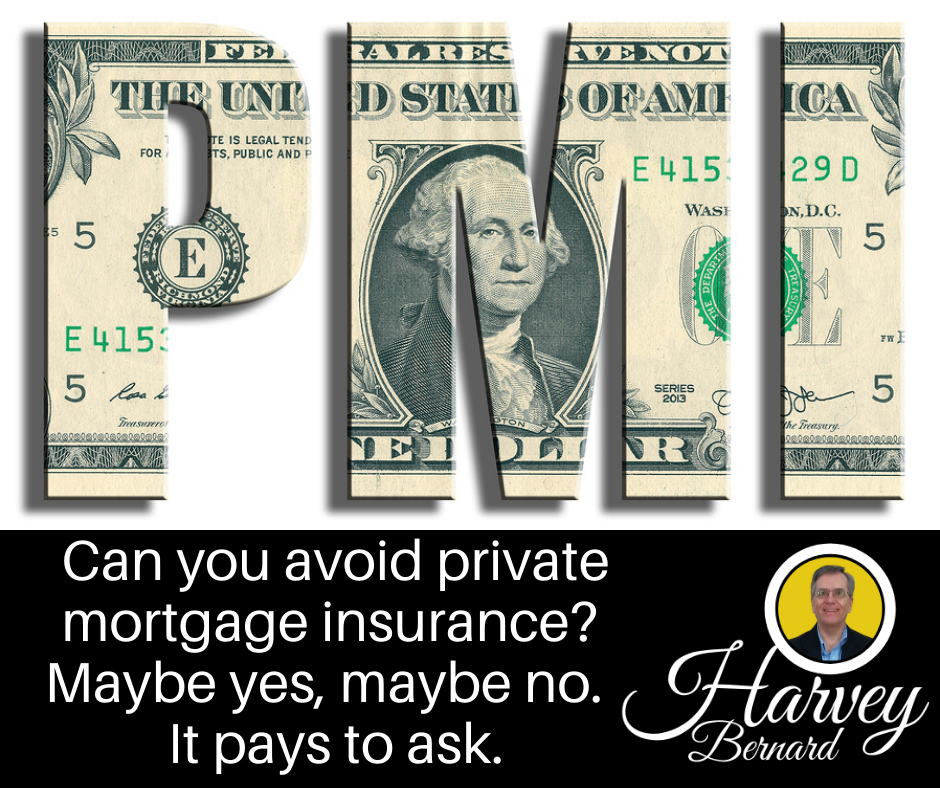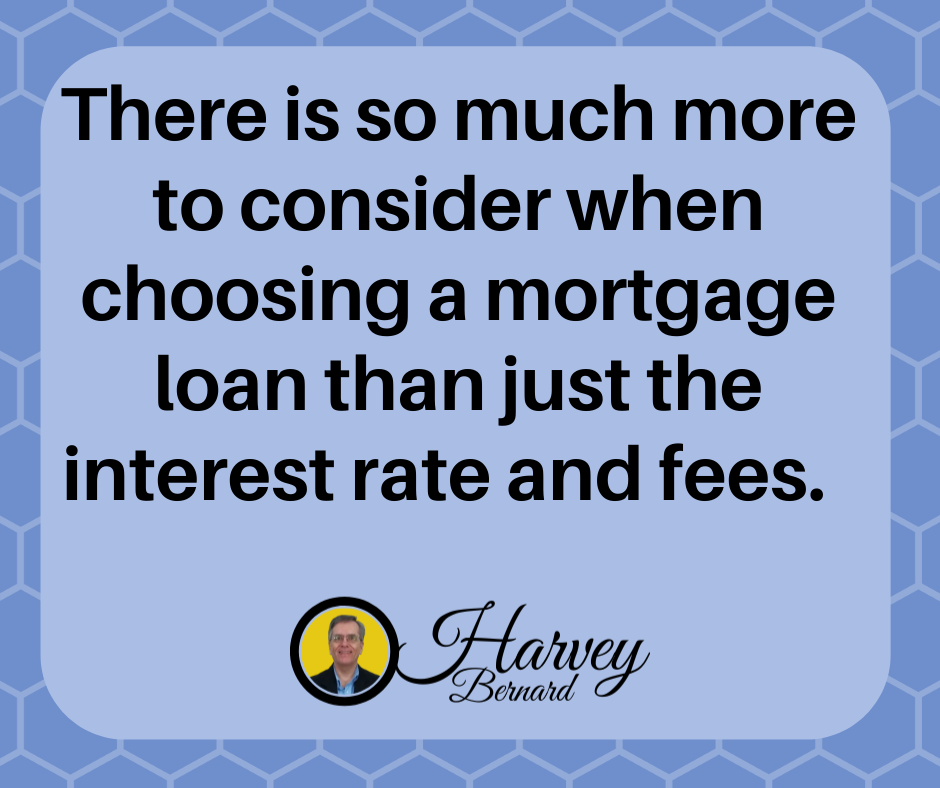Look for the right heart The stakes couldn't be higher. You take on a mortgage…
Mortgage Secret #3, How to Choose the Right Mortgage Option
As I mentioned under Mortgage Secret #2, mortgage loans are sold as a commodity.
But there is so much more to consider when choosing a loan option than the interest rate and fees.
Your decision can have long-term profound effects on your ability to become completely debt-free. Your choice of loan options could save you tens of thousands of dollars or more in interest.
Remember, this is money that you have to earn. If you don’t make intelligent mortgage decisions, you will then have to pay much of that money to the lender in interest.
Who would you prefer to end up with your money, them or you?
Here are some mortgage loan options to consider. Some of these you may never have heard of before.
The no closing costs option.
Did you know that when you work with the right mortgage originator, when your Real Mortgage Consultant sets it up that way, and if it’s in your best interest in your situation, that you might not have to pay closing costs?
This doesn’t mean simply adding closing costs to the loan amount, but actually not paying them. It is a better option for you the shorter the time you plan to have the loan or if interest rates are higher.
Be sure to find out whether this makes sense for you.
Discount Points.
Discount points are prepaid interest – interest paid in advance which then reduces the interest rate.
One point equals one percent of the loan amount. Many people pay points because they are seduced by the idea that their interest rate can be lower.
However, most of the time, it is better to not pay points. In most cases, you will not keep a loan long enough to save money by paying points.
Get an analysis on whether paying points will make sense for you.
Private mortgage insurance.
This is where you pay insurance to protect the lender in case you default on the loan.
Lenders expect that they can recover 80% of the home’s value if they need to foreclose. If you borrow over 80% of the property’s value, most loan programs will require you to pay mortgage insurance. You are paying to protect the lender.
This insurance can add significantly to your monthly payment, perhaps $50 to $150 or more depending on the loan amount. Mortgage insurance can be avoided in some situations. One option is to choose a loan program that doesn’t require mortgage insurance. Sometimes mortgage insurance can be avoided by paying a slightly higher interest rate.
It is important to have a Real Mortgage Consultant analyze your options for you.
Seller contributions.
This is where a seller puts up some of the money needed toward the buyer’s closing costs. This is negotiated when the purchase agreement is signed.
Often, this is used in situations where the buyer does not have enough cash available. It can sometimes be used to increase the down payment just enough to avoid private mortgage insurance. There can be other advantages as well.
When buying a home, check to see if receiving seller contributions makes sense for you.
Negative Amortization.
These loans were popular 10 years ago and are now illegal or discouraged, for good reason.
Negative amortization is when the loan balance increases rather than decreases. This is a dangerous game and is offered in exchange of a lower payment.
An example might be where the borrower makes a payment based on a low 4% rate but the actual rate being charged is 8%. The difference between what is being charged and the amount paid is added to the loan balance.
Just like a credit card! You pay interest on the interest as well.
This is not your goal! Your goal is to be completely out of debt.
A loan like this takes you in the wrong direction. Your home should not be treated like a credit card.
If the situation persists and home prices level off or even depreciate like they have in the past, you may be unable to sell your home because you owe more than the value. You may also be unable to refinance the loan because you exceed the maximum loan to value limits.
Absolutely avoid negative amortization loans.
Interest-Only Mortgage.
With this type of loan, your payments are only interest for an initial period, often 10 years. Then for the remaining 20 years, your payments are set up as interest and principle.
On the surface, this type of loan would seem to be contrary to a debt elimination plan. Surprisingly, it might actually make sense.
The payment is usually lower because you are not paying down the principle. This type of loan might be good for following my Loan Payment Freedom Secrets plan.
By focusing all available money on other debts first and paying the minimum on the mortgage, you can pay off those other debts faster. Then that money would be refocused on the interest-only mortgage paying down the balance as fast as possible. This may or not be the best option in your situation.
Be sure to get an analysis to learn if this makes sense for you.
Fixed, Adjustable and Balloon Mortgage Loans.
The Fixed Loan is the traditional 30-year fixed loan. It also includes other possible amortization periods such as 20, 15, or 10 years. The interest rate is fixed and guaranteed for the full length of the loan.
An Adjustable Loan will have an interest rate that adjusts periodically. This is always based on a market index, an objective standard in the marketplace that everyone can see. These adjustments are constrained by caps, maximums that the interest rate can increase or decrease on each adjustment or over its lifetime. Often an adjustable loan will have an initial fixed period before the adjustments begin. The initial interest rate will generally be lower than a fixed loan because the lender does not have to guarantee the rate for as long.
A Balloon Loan will be amortized over 30 years, but required to be paid off, usually after 5 to 7 years. Usually, these loans will come with an option to extend the loan for the remaining 25 to 23 years at a predetermined interest rate as long as your payment history is satisfactory. Again, the interest rate will be lower than a traditional 30-year fixed mortgage.
Any of these options might be right for you, depending on your situation.
Therefore, be sure that a Real Mortgage Consultant analyzes the options to help you decide which is best for you.
The Right Mortgage Option for You
As you can see, different types of mortgage loans may be right for specific situations. Choosing a mortgage based primarily on the interest rate and fees will lead to your losing with your mortgage instead of WINNING.
Be sure to take all factors into account when choosing the right mortgage option for you.
This right choice begins with your wise choice to work with a Real Mortgage Consultant for your financing. Your Real Mortgage Consultant will then help you choose the right option for your situation. And your Real Mortgage Consultant will be available to you long-term, even after your mortgage loan closes – not just gone with the commission check like a typical run-of-the-mill loan officer would.
That invaluable long-term relationship with your Real Mortgage Consultant is how you can WIN with your mortgage and WIN your long-term freedom.









